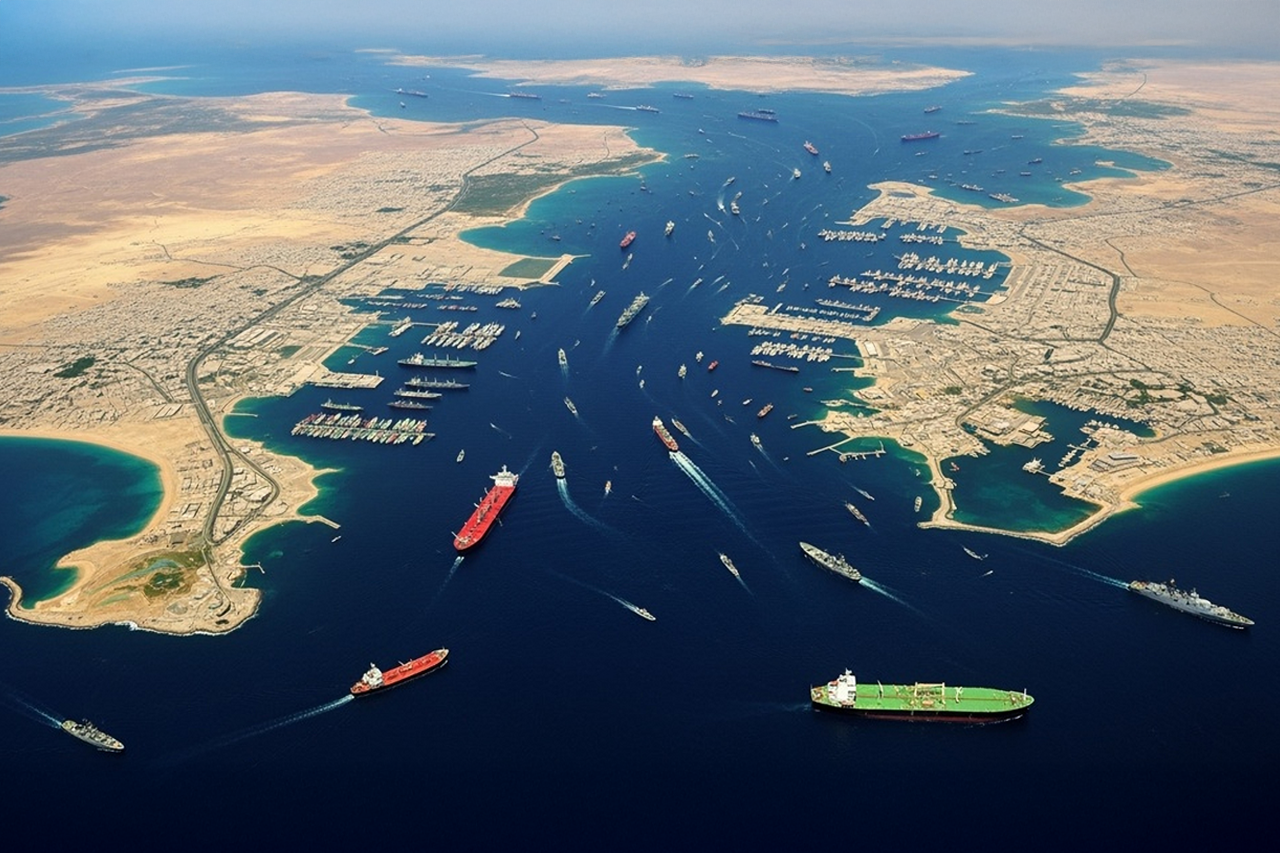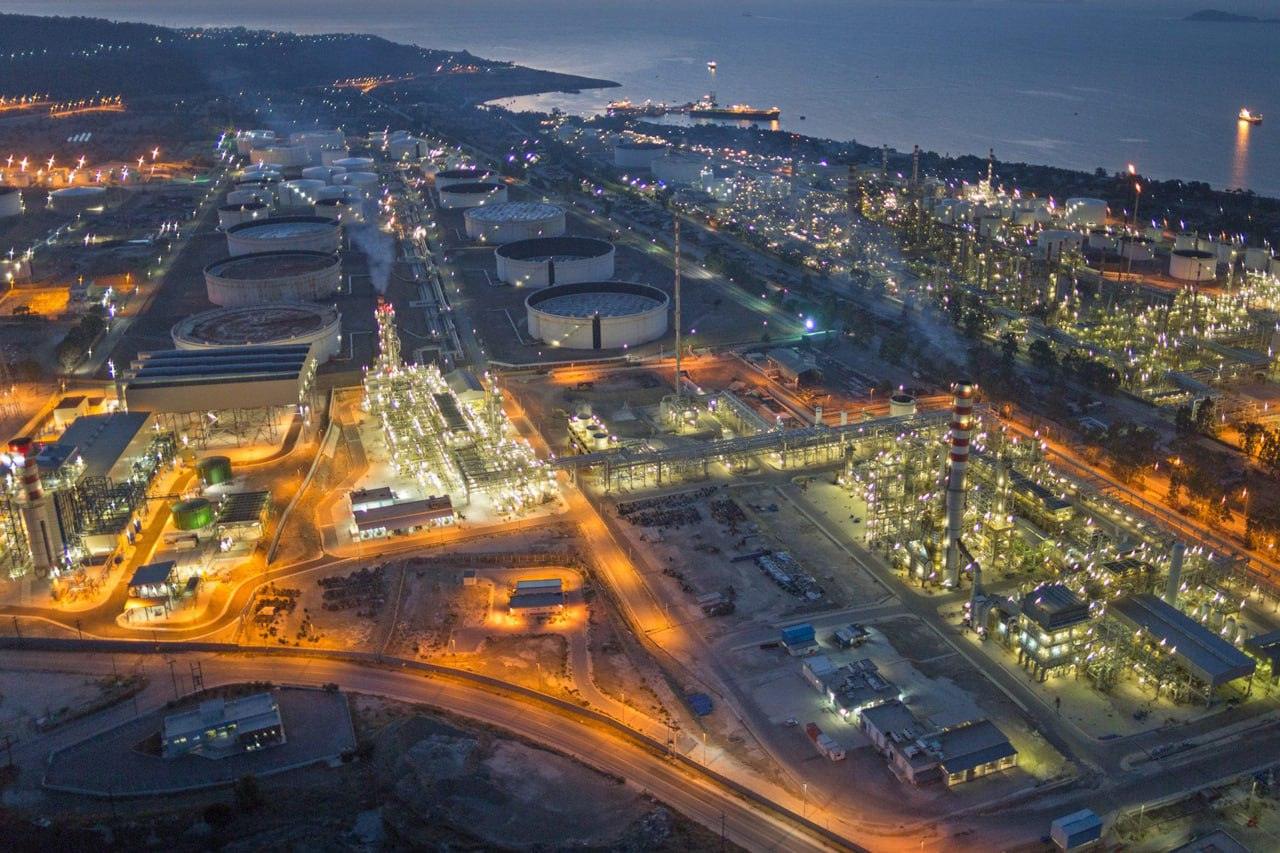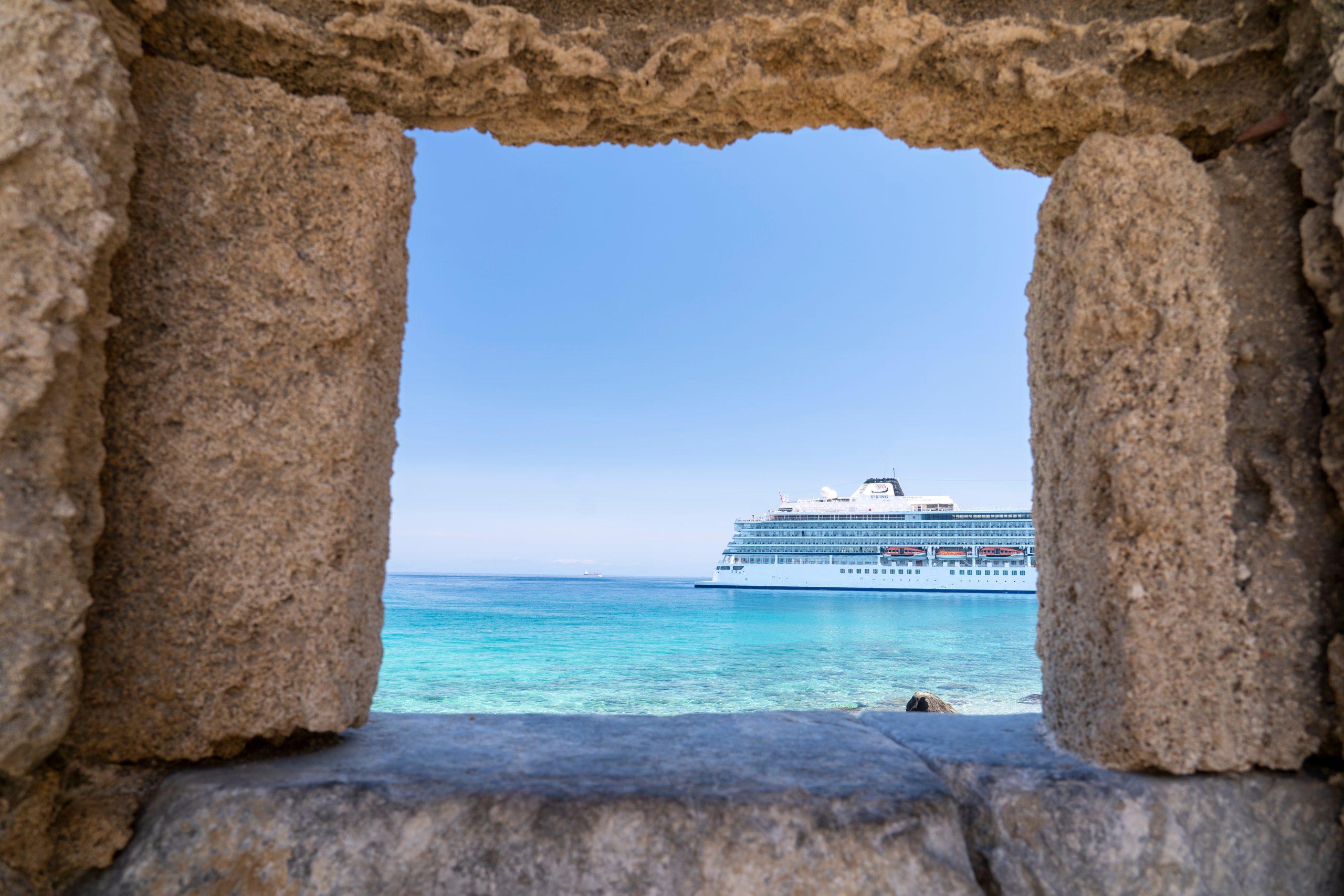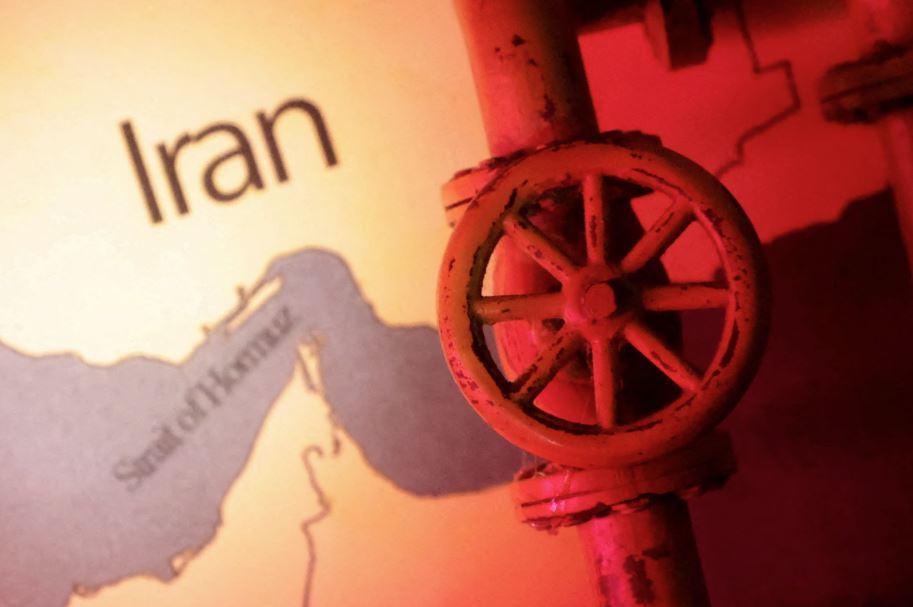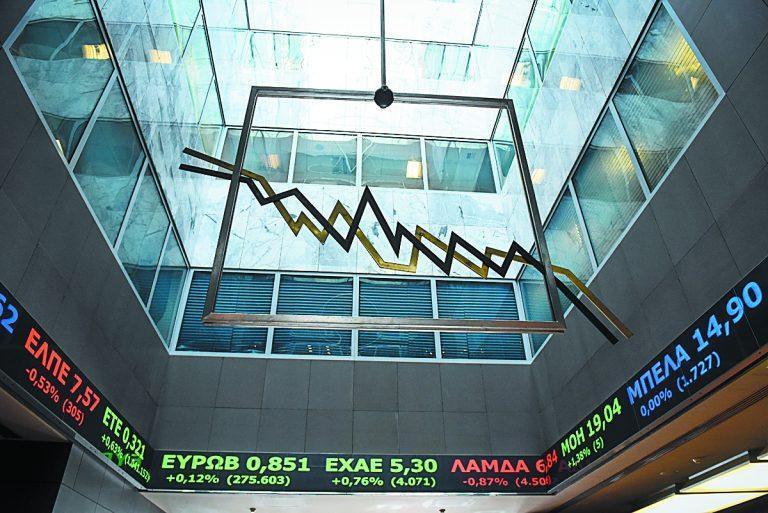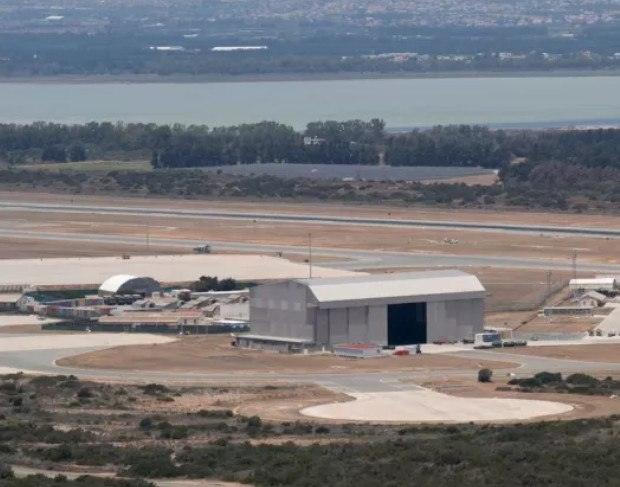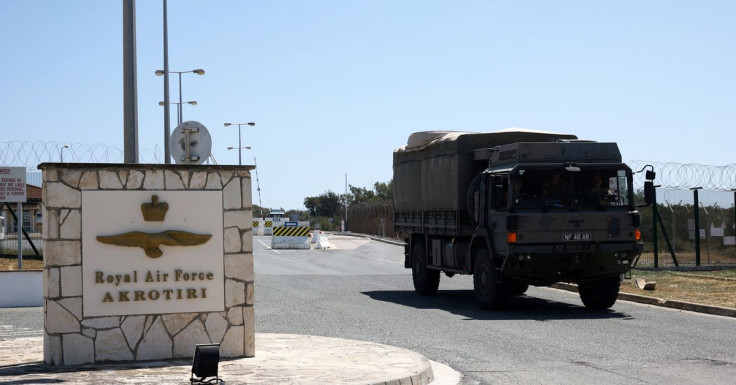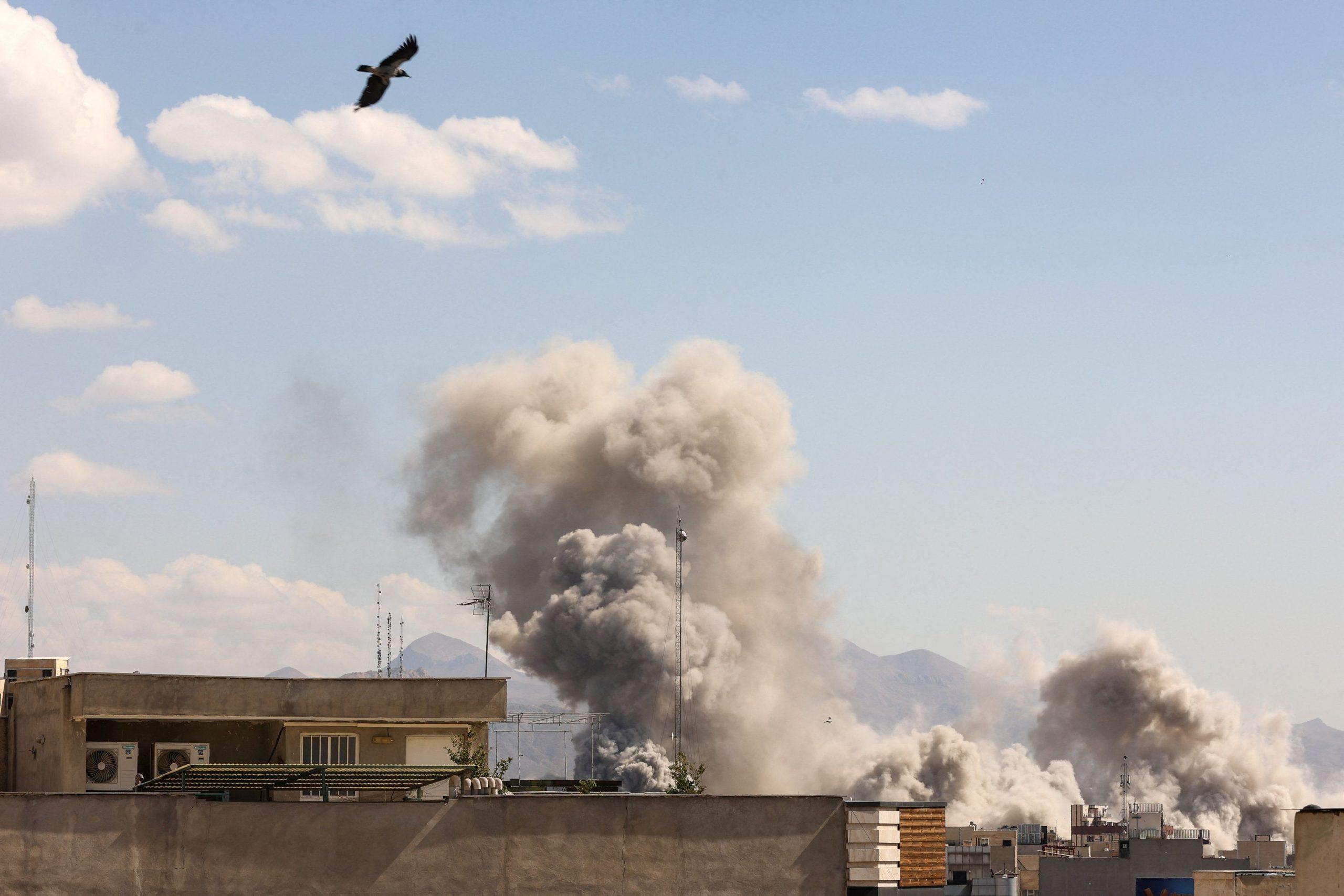A few years ago, some were asking: are my deposits in Piraeus Bank safe? Will it break up into a good bank and a bad bank? Will Alpha and Ethniki divide it up? Will the employees be fired?
And we are now in the spring of 2021: Piraeus Bank raised 1.4 billion euros in capital in a transaction with huge oversubscription and aims to reduce red loans to single digit numbers within twelve months. With employee protection.
Let’s look at the big picture: in 2019, ten years after the crisis began, the Greek banking system still had a huge stock of red loans. With so many red loans on their books, banks can not do their main job, which is to give loans.
The government’s priority was to break the vicious circle that undermined the country’s development prospects. And to lead to a virtuous future. Three interrelated issues that are schematically represented as three sides of a triangle:
First side of the budget triangle: Tax cuts and a change in the mix. Lower insurance contributions. Abolition of solidarity contribution. Reduction of corporate tax and advance tax payment.
Reforms are the second side of the triangle: More than 178 bills have already been passed in less than two years.
The third side is the banking sector: The systemic risk that held the economy back and was the focus of investors and rating agencies.
The Hercules I program is reducing the red loans by half. Hercules II will reduce them even more. The second-chance bill introduces a modern framework for managing private debt. The modernization of corporate governance.
Piraeus Bank is the largest bank in the country. More than half of its loans were in the red. And it needed funds according to various analyses.
Some interests would like a state-owned bank. For their own reasons. But the state should not run banks. It has done so in the past with disastrous results.
Others wanted to kick the can farther down the street. The proverbial “mañana”. To achieve their personal goals.
The success of an increase in capital was not a given. Piraeus Bank and raises 1.4 billion, while initially the new Greece had requested only 1 billion. Reliability, stability and confidence in the future. The demand was huge. And investor confidence. The extra money creates a bigger pillow.
The more funds a bank has, the faster it can reduce its red loans. And the faster it can return to its main job, which is nothing more than financing the real economy.
This is the main success of the Increase in Share Capital. The can stops here. We pick it up and send it for recycling.
But it’s not just that: Investor competition is fierce. New investors enter the bank. With a long-term horizon. Some had never invested in Greece, others had left in 2009 and are returning. The biggest names in the global investment community. But also small shareholders. With separate procedures and priorities.
It is no coincidence that the Greek stock market has been rising all these weeks. And with it the other three banks. Following the successful management of PPC, another systemic risk is leaving the table. And this is for the benefit of us all.
The government will be judged in the field of economics: By creating many, new, and well-paid jobs. Loans for new investments. Closing our investment gap.
The country’s largest bank is undergoing a transformation. We welcome the successful share capital increase, and look forward to supporting the real economy.
Greece has left behind the past of the crisis and is looking ahead.
This is the real public interest.
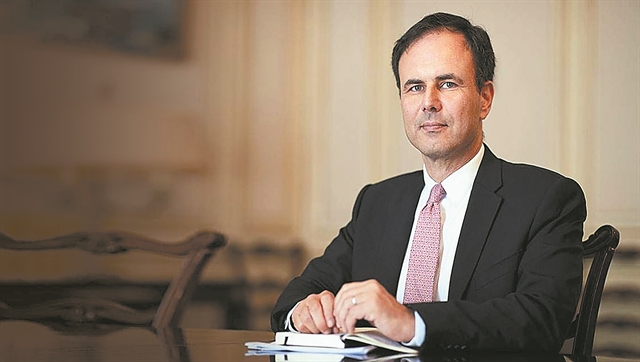



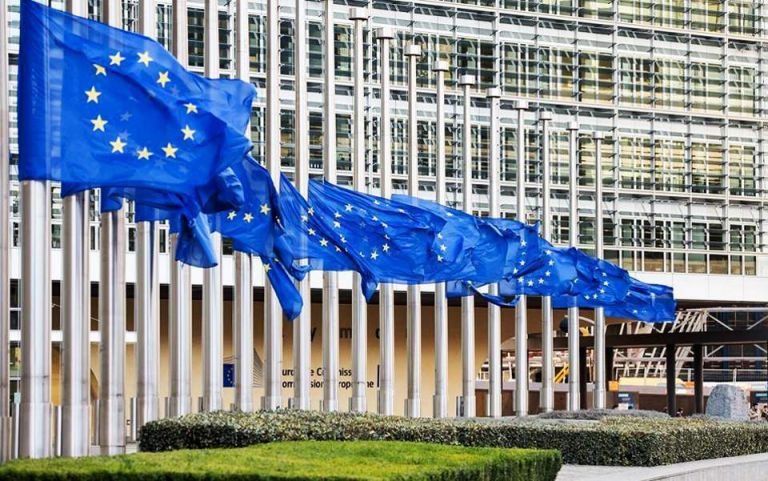

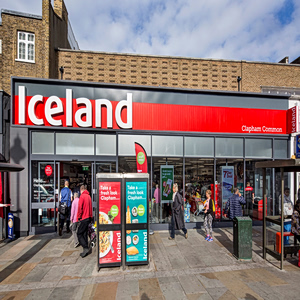
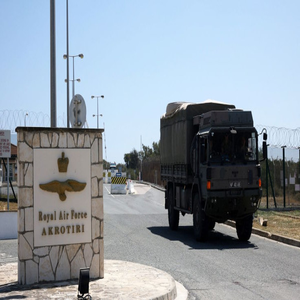



![Χρυσή λίρα: Μια ανάσα από τα 1.200 ευρώ η τιμής της [πίνακας]](https://www.ot.gr/wp-content/uploads/2026/03/ot_iran_war_lires_up.png)





